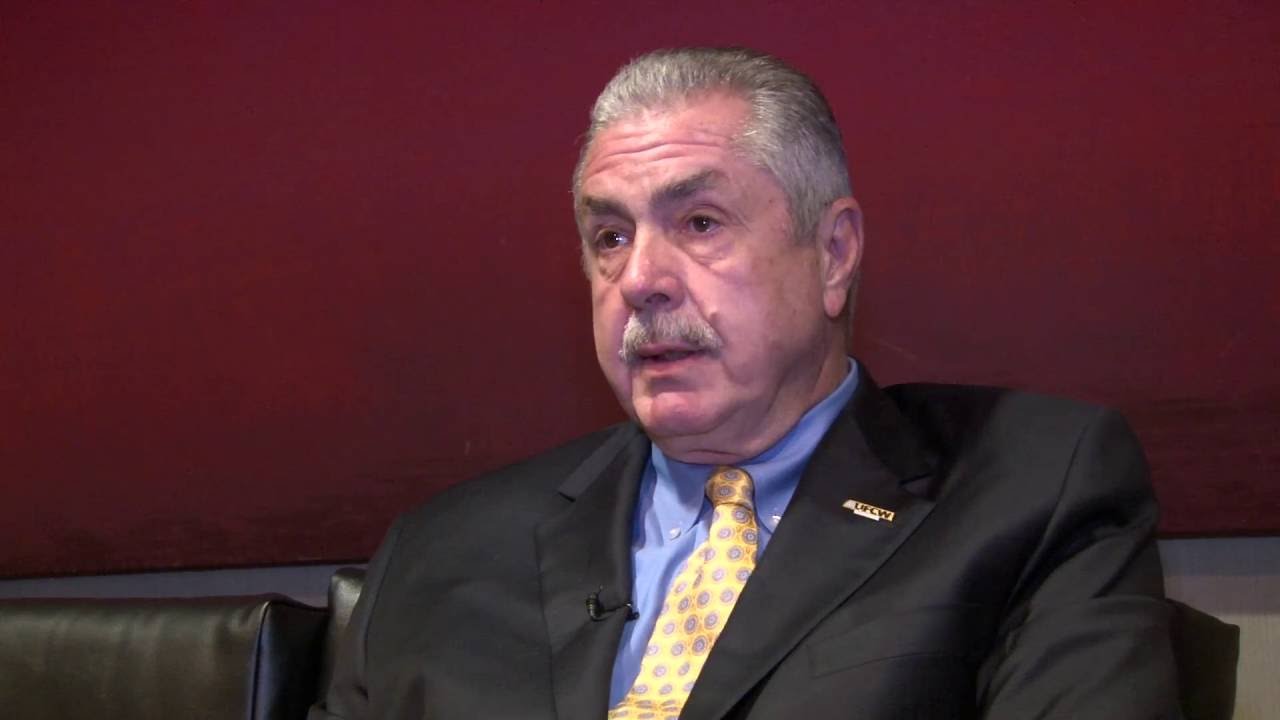Blog
Get Email Updates
Some Wins, Some Major Disappointments in Oregon Legislature
The 2017 Oregon Legislature began with a simple math problem: Subtracting expenses from revenue equaled a $1.8 billion deficit. After the defeat of Measure 97 last November, Oregon’s business community promised to work with the governor and legislative leadership to find new revenue. Oregon already has one of the lowest overall tax rates on corporations in America. Yes, lower than Mississippi, Idaho and Alabama. Corporations in Oregon are not paying their fair share.
The linchpins to these discussions were cuts to Public Employees Retirement System benefits and a tightening of state spending. Public employee unions activated their members, explained the issue and challenges, and worked hard to find resolutions. At every turn, Oregon’s business community refused to sit down and find a solution. In the end, there were no major cuts to PERS benefits, but also no new revenue or corporate tax increases.
For UFCW President, Union Roots Run Deep

For more than 45 years, United Food and Commercial Workers (UFCW) International President Marc Perrone has been part of what he calls his “union family.” It’s a bond that dates all the way back to when he was a teenager working at Weingarten’s food store in Pine Bluff, Ark. On Sunday, Perrone’s hometown newspaper, the Northwest Arkansas Democrat-Gazette, published a feature on his life and career.
Perrone called the UFCW’s affiliation with the AFL-CIO a source of great pride. He recently served as co-chairman of the AFL-CIO’s Labor Commission on Racial and Economic Justice. The group held six hearings in as many cities between fall 2015 and spring 2016 and issued a report with recommendations for improving relations. Perrone was presented the At the River I Stand Award in January at the AFL-CIO’s 2017 Dr. Martin Luther King Jr. Civil and Human Rights Awards Luncheon.
Better Pay and Benefits
Trumka Talks Economy and Jobs with House Blue Collar Caucus
AFL-CIO President Richard Trumka met Wednesday with members of the House Blue Collar Caucus to talk about ways to work together to advance policies that lead to greater prosperity for working people.
Corporate Greed
Dodd-Frank Law Protects Working People, We Should Protect It
Wall Street greed, unregulated, leads to things like the Great Recession. Letting the richest 1% of Americans, big corporations, and their political allies write the rules that govern our economy cost working people trillions of dollars. As a response, the labor movement and our allies mobilized to pass some powerful reforms, notably the Dodd–Frank Wall Street Reform and Consumer Protection Act.

